You've sent your resume to every agency you could possibly think of, or at least all the ones you really want to work at. And maybe you've scored a few interviews. So what happens next, and how do you make sure you're prepared for your first interviews right out of college?
Leslie Kay and Hillary Black, co-founders of talent management firm Kay & Black, told Adweek that while schools are teaching students how to create great work, graduates are not prepared to showcase that work in a portfolio or interview.
"Candidates need to know how to present themselves, how to sell themselves but be humble, and how to go on an interview," Kay said.
Adweek spoke with agency recruiters and talent managers and gathered these nine tips for recent grads starting their job hunt:

1. Perfect your portfolio
If you're applying for an agency job that requires a portfolio—attention graphic designers, copywriters and art directors—Kay and Black said to be picky about the work you include.
"Show your best work, and don't fill your book up to fill it up," Kay said, stressing the need to choose a range of work (not just work for car brands or beer companies) and be able to speak thoughtfully about each piece in your book.

2. Leverage your contacts
KBS head of talent Angela Renfroe suggests taking a look at your LinkedIn contacts and searching for mutual connections. Tap into your school's alumni database, too. See if any grads from your school work at the agencies you're applying for, and get in touch with them. Set up a phone call or coffee meeting if you're in the same area to get a better sense of the agency and what it's like to work there.

3. Research, research, research
Before you go into your first interview, Black said, do some research on the person or people you'll be meeting with. And make sure you know basic information about the agency you're heading to, from its client roster to key players at the shop. Being up-to-date on business wins and losses is also key.
"Don't start talking about your favorite campaign that the agency did for a client they just lost and were the incumbent for 80 years," Black said.
Knowing an agency's current client roster and recent work is important going into an interview, said Sedef Onar, chief talent officer at 72andSunny. But she looks for candidates who go beyond the company website to prepare.
"I'm more interested in the candidate demonstrating how they can make a contribution to the company," she said. "It shows a way of thinking that [demonstrates] how you approach what you do. How do you apply everything you've learned so far into this most important thing in your life at that moment, which is that you want to get a job?"

4. Know your audience
Anyone who knows even a little about the advertising industry knows it's a relatively laid-back environment, so keep that in mind when it comes to attire, Renfroe said. She suggested business casual without flashy jewelry, and no strong perfume or cologne.
However, each agency has its own culture, so if you're unsure of what to wear, all it takes is a quick phone call or email to your contact at the agency. "Just don't wear flip-flops," Onar said.

5. Ask questions
BBH manager of talent Kelly Lane stressed the importance of asking questions during your interview. Having no questions shows a general lack of interest in the agency and the position you're applying for, Lane said.
It's best to come prepared with a set of insightful questions. Lane suggested asking something along the lines of, "What makes someone successful here?" or "What attributes do I need to be successful at BBH?"
Don't ask about happy hours, summer Fridays and vacation days, she said. Instead, ask about opportunities for growth, why your interviewers decided to work at the agency and what some of their greatest challenges have been at the shop.

6. Follow up promptly
Handwritten thank-you notes are not a necessity anymore, especially when email is so much more immediate. But some hiring managers like Onar still appreciate a handwritten note. Email works just as well, but the key is not to wait longer than 24 hours.
Personalization is also important and will help you stand out. Rather than send a generic thank-you message, Renfroe said you should pick out a specific moment from the interview—a common interest, a funny story—and refer to it in your follow-up.
"If you copy and paste, we're going to know," Lane said.
Plus, you're applying for a job in the creative field, so use the note as another opportunity to show how original and creative you are.

7. Always spell-check
Before sending off a thank-you note, or even a cover letter and resume, be sure to spell-check it. Then double check it and triple check it. Lane said she's received more than a few letters in which the agency name is wrong. Details, she said, really matter.

8. Keep an open mind, and don't say 'no' to internships
If you have the means to take on an internship, paid or unpaid, recruiters say you should seriously consider it. If you're undecided about the specific role you'd like to pursue at an agency, an internship could help point you in the right direction, Kay said.
"You're exposed to a lot of junior positions, and you get to work with different groups," she said. "You're exposed to different creative directors, different products, and sometimes it turns into a job."

9. Be authentic, and go after what you want
Oftentimes, candidates go into interviews and try to conform to the agency's culture and personality—even if it's not right for them. That can backfire in a big way, especially if the candidate lands the job and ends up not jiving with the rest of the team.
Remember, you're interviewing the agency as much as it's interviewing you; the attraction should be mutual. "[Conforming] might get you in the door," Onar said, "but I don't think that's going to make anyone happy if you're holding anything back on your end."

Need some career advice?
Check out Adweek's 2016 Graduate's Guide to Marketing and Media.






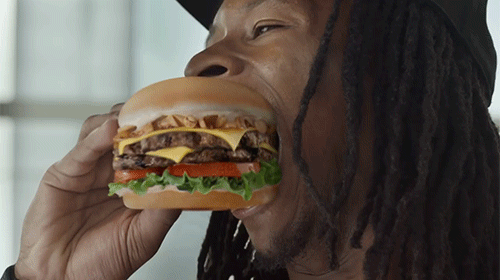
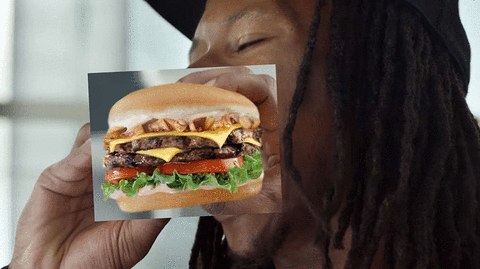
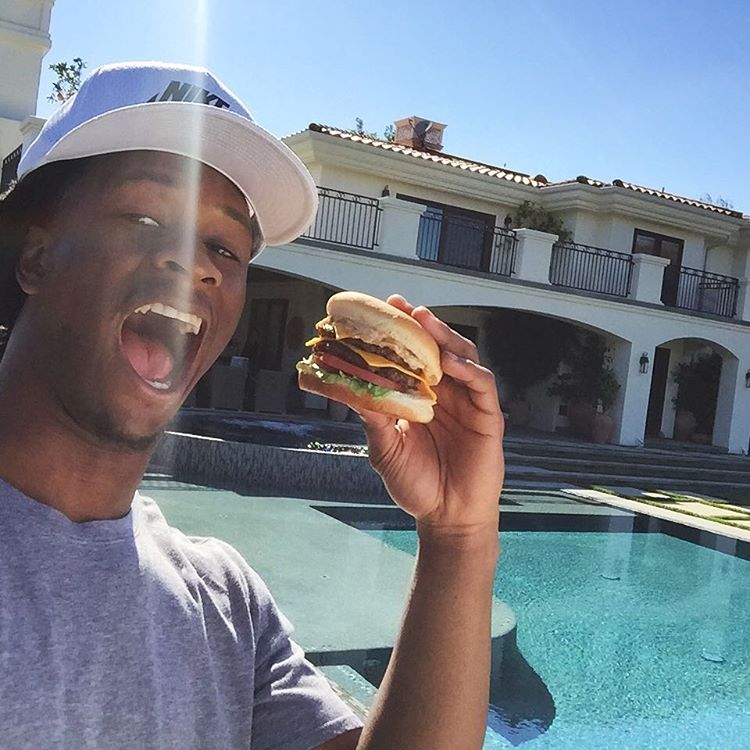




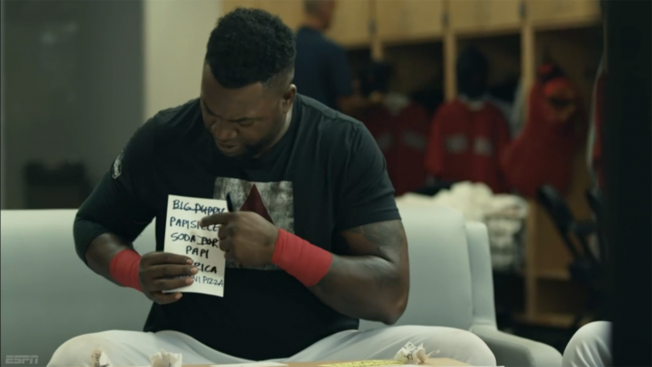





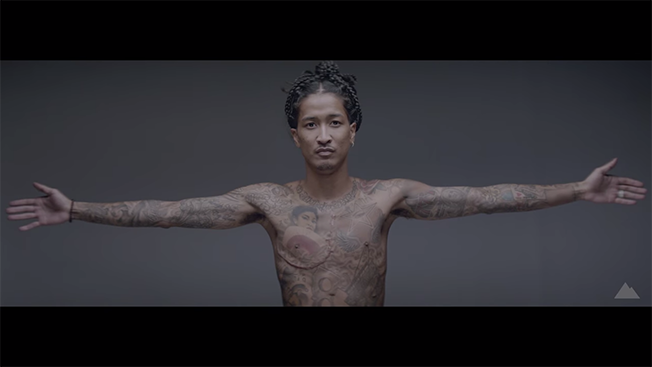

 72andSunny worked for the city in a very direct way this year by designing the Los Angeles 2024 Olympic Bid Committee's official logo and website. It also collaborated with locals like Kobe Bryant, Will Ferrell, Jessica Alba and Mayor Eric Garcetti to make a film promoting L.A. as a potential host city for the 2024 Summer Games. And, in a more charitable development, the shop made a short film highlighting the efforts of architect Frank Gehry and nonprofit River LA to turn the river that flows through the city into a reliable water source and public space.
72andSunny worked for the city in a very direct way this year by designing the Los Angeles 2024 Olympic Bid Committee's official logo and website. It also collaborated with locals like Kobe Bryant, Will Ferrell, Jessica Alba and Mayor Eric Garcetti to make a film promoting L.A. as a potential host city for the 2024 Summer Games. And, in a more charitable development, the shop made a short film highlighting the efforts of architect Frank Gehry and nonprofit River LA to turn the river that flows through the city into a reliable water source and public space.



